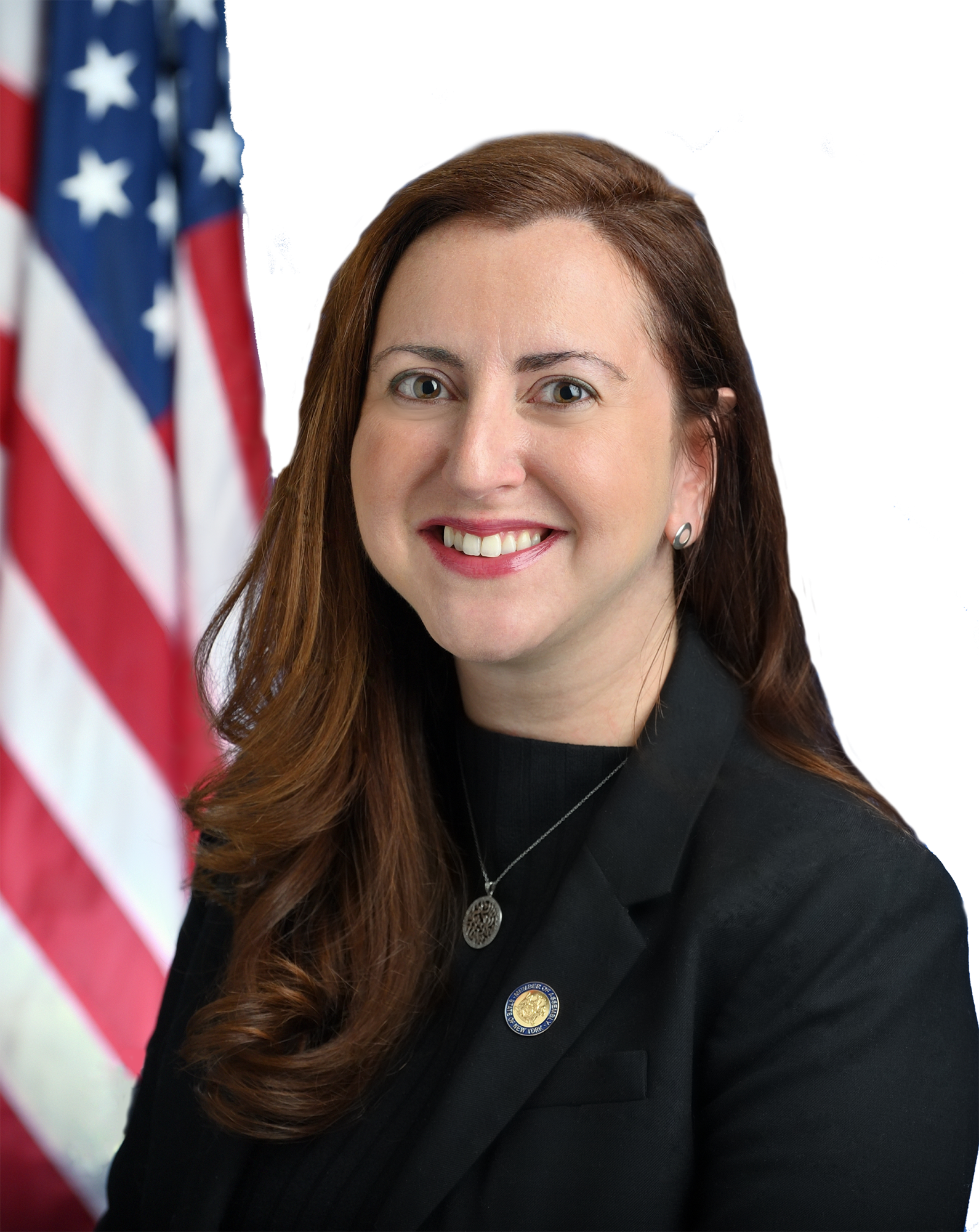Sepúlveda, Rozic Announce New Law Allowing Incarcerated Persons Entering Solitary Confinement to Make Telephone Calls
Phone calls will now be permitted upon admission and on a weekly basis in segregated housing and residential mental health treatment units
New York, NY РToday, State Senator Luis Sep̼lveda (D-Bronx) and Assemblywoman Nily Rozic (D,WF-Queens) announced that critical prison reform legislation (A2285/S1850) they authored was signed into law. The legislation allows for an incarcerated person to make phone calls when placed in solitary confinement in special housing units (SHU) or in residential mental health treatment units. The new law ensures telephone calls upon admission to solitary and at least once a week thereafter.
“Currently, when an incarcerated person is placed in solitary confinement, he or she is not allowed any phone calls for the duration of the disciplinary sanction. Family members who are accustomed to speaking daily or weekly with their loved ones in prison become frantic, wondering what happened and fearing the worst,” said State Senator Sepúlveda. “Cutting an individual's ties to home while he or she is in solitary is destabilizing and cruel not only to the prisoner but also to his or her parents, children and spouse; we also know that preserving family ties is one of the most important factors in preventing recidivism. With the signing of S1850/A2285, families will no longer be left in the dark when their loved one in prison is placed in disciplinary confinement.”
“Maintaining contact with a loved one who is incarcerated has its challenges – often leaving family members, friends or lawyers out of touch while also creating a more isolated environment for those who are incarcerated,” said Assemblywoman Rozic. “This new law will ensure that an incarcerated person cannot be denied their right to a phone call in segregated housing units. I thank State Senator Sepúlveda for his partnership and Governor Cuomo for signing this long-awaited reform into law.”
Although incarcerated people have a constitutional right to correspondence, there are times when postage, paper, and writing instruments are not present, and correspondence to and from the correctional facility may be delayed or unreliable. According to prison reform advocates, there are cases when communication is lost altogether when entering a segregated housing unit.
These inconsistencies prohibit family members from staying up-to-date on the health and wellness of their loved one. Permitting them to make telephone calls is a step forward in creating more humane conditions in correctional facilities across the state.
